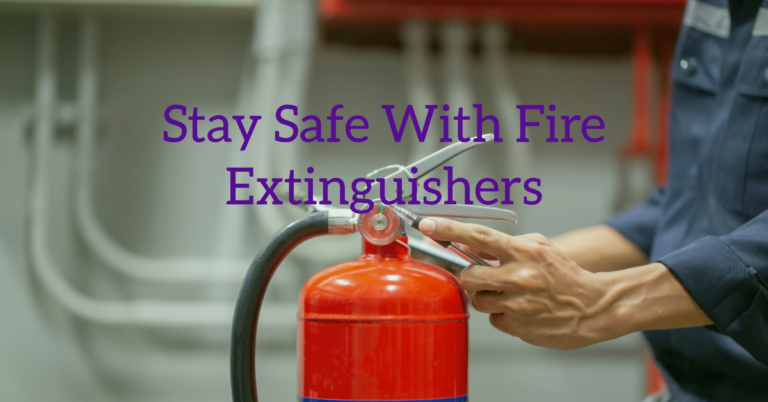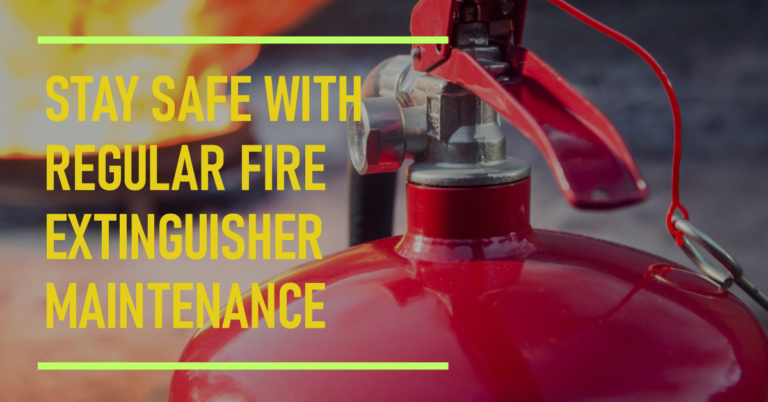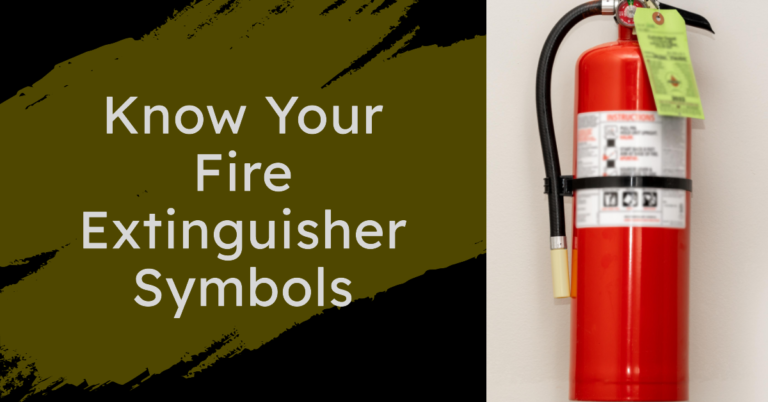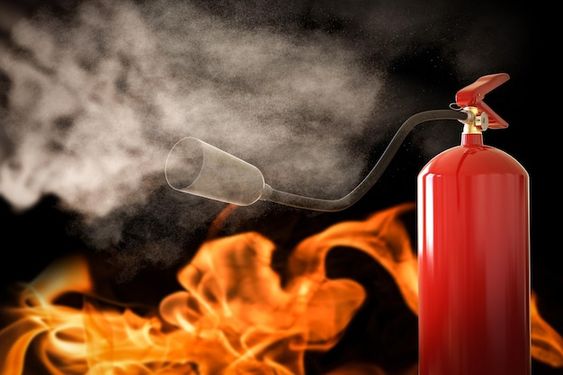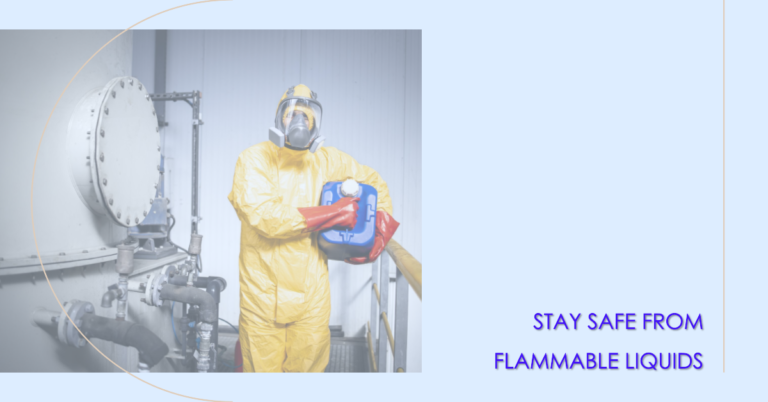Last Updated on March 26, 2024 by Allen
For pool chemicals, consider ABC or Purple K dry chemical fire extinguishers. ABC is essential, in handling various fires including pool chemicals. Purple K is excellent for flammable liquids common in pool areas. Understanding their differences is vital. Proper extinguisher choice boosts safety during a fire emergency. Remember, ABC covers multiple materials, while CO2 leaves no residue. Purple K targets flammable liquids for storage areas. Guarantee a timely response to any chemical fire. Practice cautious storage, handling, and emergency preparedness. Prioritize safety and maintenance for a secure environment. A suitable extinguisher is critical for effective pool chemical fire management.
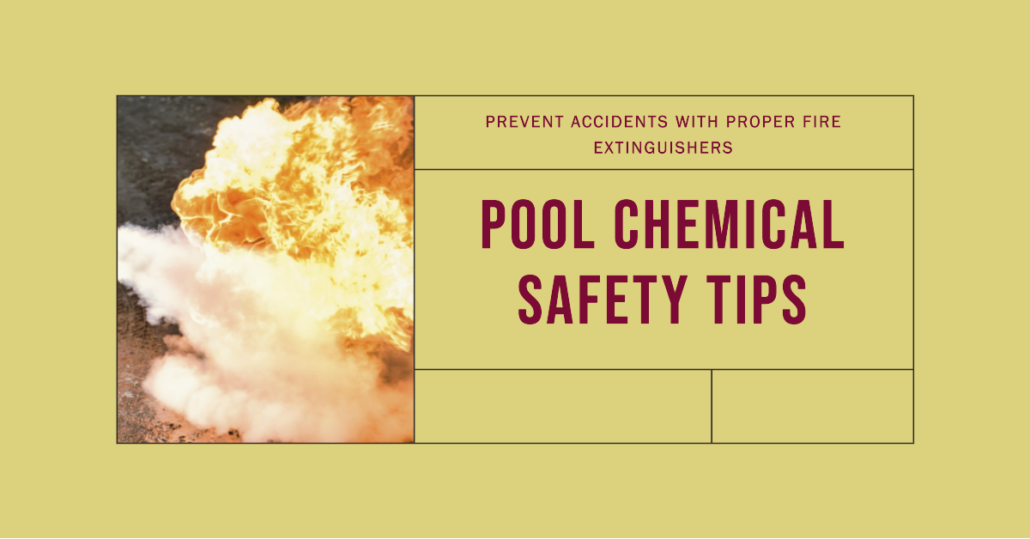
Types of Fire Extinguishers
When selecting a fire extinguisher for pool chemicals, it’s essential to understand the different types available to guarantee effective safety measures.
The most common types of fire extinguishers suitable for pool chemical fires are ABC dry chemical extinguishers and Purple K dry chemical extinguishers.
ABC extinguishers are versatile and can handle various types of fires, including those involving pool chemicals.
On the other hand, Purple K extinguishers are specifically designed for flammable liquid fires, making them ideal for pool chemicals with a higher risk of ignition.
Understanding the distinctions between these types will help you choose the most appropriate extinguisher for your pool area, ensuring you’re well-prepared to handle any potential fire emergencies effectively.
Classifications of Pool Chemical Fires
Understanding the classifications of pool chemical fires is essential for selecting the appropriate fire extinguisher. Pool chemical fires are typically categorized as Class A, Class B, or Class C fires.
Class A fires involve regular combustible materials like paper, wood, or cloth. Class B fires are fueled by flammable liquids such as pool chemicals like chlorine or muriatic acid. Class C fires involve energized electrical equipment.
When dealing with pool chemical fires, it’s important to identify the correct class to effectively extinguish the fire and prevent it from escalating. By grasping these classifications, you can make sure that you have the right fire extinguisher on hand to address any potential pool chemical fire safely and efficiently.
Recommended Fire Extinguisher for Pool Chemicals
To effectively address pool chemical fires, selecting the appropriate fire extinguisher is essential. When dealing with pool chemicals, it’s important to have a fire extinguisher specifically designed to combat these types of fires. Here are some suitable options to contemplate:
- ABC Dry Chemical Extinguisher: Effective for fires involving multiple types of materials, including pool chemicals.
- CO2 Extinguisher: Ideal for pool chemical fires as it doesn’t leave residue, minimizing potential damage to the surrounding area.
- Purple-K Extinguisher: Specifically designed for flammable liquid fires, making it a good choice for pool chemical storage areas.
Having the right fire extinguisher on hand can help you quickly and effectively tackle any pool chemical fire that may arise.
Proper Handling and Storage Tips
For safe management of pool chemicals, prioritize proper handling and storage practices. Always store pool chemicals in a cool, dry, well-ventilated area away from direct sunlight and moisture. Keep them tightly sealed in their original containers to prevent leaks and spills. Remember to keep different chemicals separate to avoid accidental reactions.
When handling pool chemicals, wear appropriate protective gear like gloves, goggles, and masks to prevent skin and eye irritation. Follow the manufacturer’s instructions carefully when measuring and mixing chemicals to prevent accidents. Regularly inspect the storage area for any signs of damage or leaks.
Safety Precautions and Emergency Protocol
In case of emergencies involving pool chemicals, promptly evacuate the area and contact emergency services. When handling pool chemicals, safety precautions are essential. Here’s what you need to know:
- Protective Gear: Always wear appropriate protective gear like gloves, goggles, and a mask when working with pool chemicals to prevent skin and eye irritation.
- Ventilation: Guarantee proper ventilation in the storage area to prevent the buildup of fumes, which can be harmful if inhaled.
- Storage: Store pool chemicals in a cool, dry place away from direct sunlight and moisture to avoid reactions or spills.

